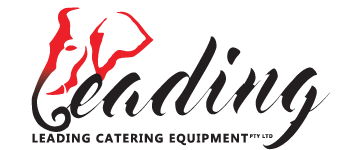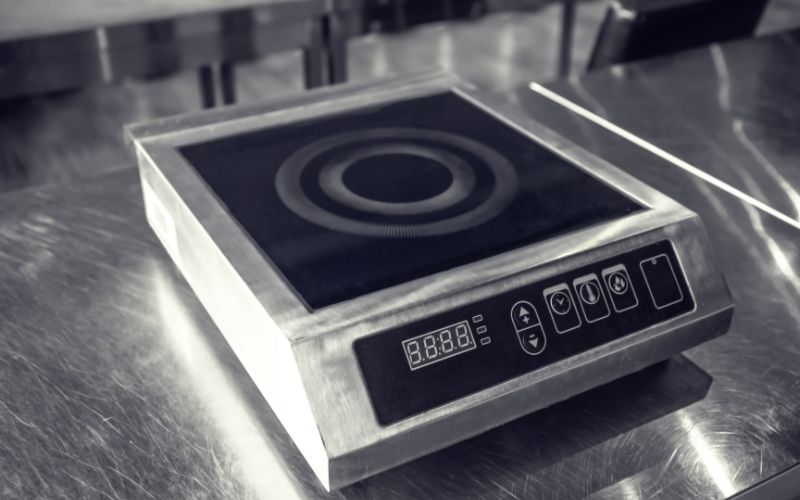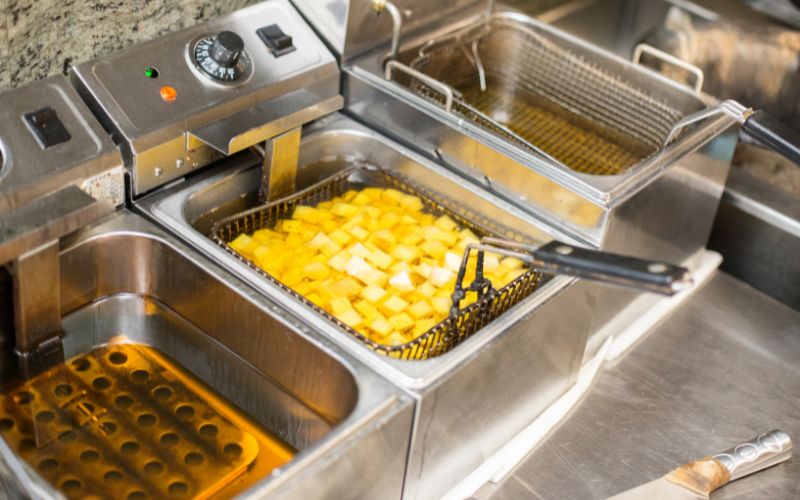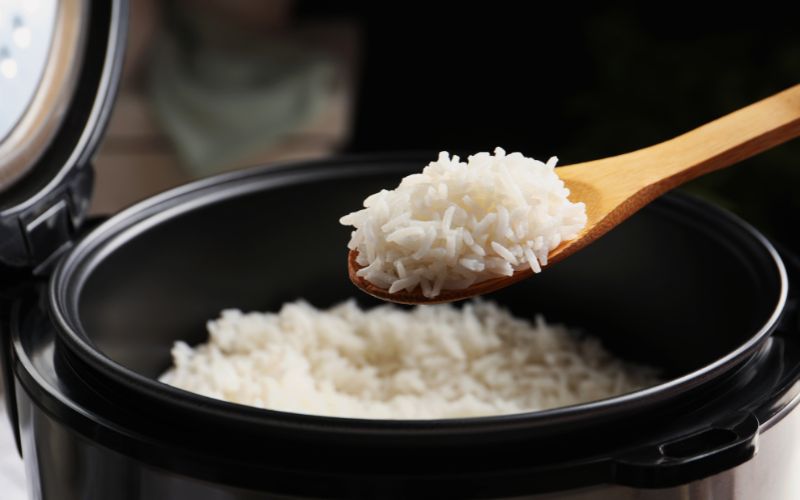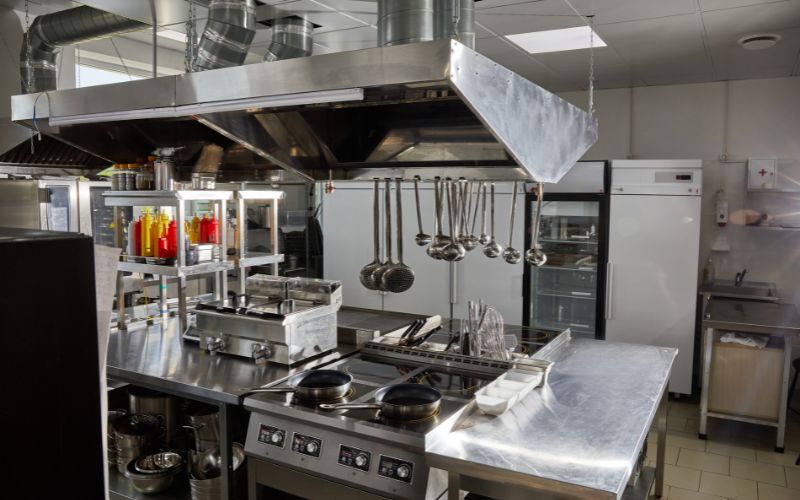6 Reasons Why Your Catering Equipment Might Be Prone To Damage
Your catering equipment are investments that need to be protected and taken care of. They are the heart and soul of your business. Yet, hazards, dangers, and breakdowns are inevitable specially in busy catering businesses.
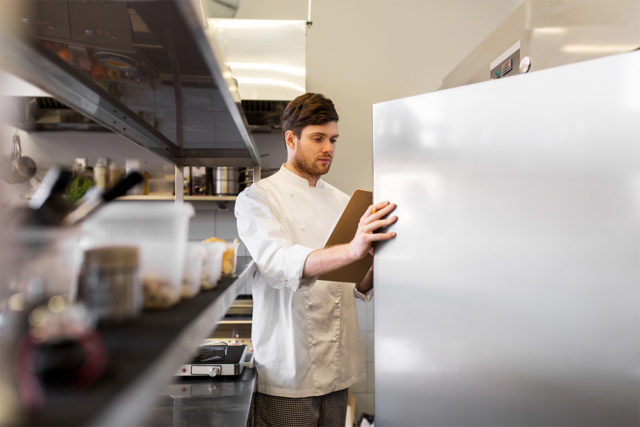
Why do some commercial kitchen equipment last decades and some break in no time?
Broken or faulty catering equipment cost money. In order to prevent damage or to identify one before the worse, it’s essential to know the signs and common reasons why damages happen.
If you have been in the catering business for a while, you may have seen this. Two of the same commercial kitchen equipment, from the same brand with the same quality and built. One breaks down, one works almost forever. So what gives? How can a commercial catering equipment be prone to damage?
There are several factors why this happens.
The top reasons why your equipment are prone to damage.
A well-maintained equipment saves you money in utilities. An equipment not functioning correctly is likely to use more water, gas, or electricity, thus consuming more resources. With a properly functioning catering equipment, you lower your consumption cost plus they make workflow faster and more efficient.
Here are the common reasons that lead to equipment breakdowns.
- Air imbalance contributes to equipment’s longevity.
Ensuring that your enclosed spaces have proper thermal comfort is beneficial not only to your staff but also to your equipment. By default, a good airflow reduces the amount of grease, dirt, and buildup collected in the vent or heating system. A reliable HVAC system allows electrical kitchen equipment to function properly. Make sure this is properly maintained and regularly checked.
- Lack of preventive or ongoing maintenance.
Preventive maintenance helps extend your equipment's lifespan and reduce the risk of breakdowns and hazards. Any equipment that is prone to everyday wear and tear should have ongoing maintenance scheduled. Regular and preventive maintenance not only allows them to function efficiently but also helps keep your catering equipment in top shape. Ensure that there's a solid preventive and ongoing maintenance scheduled.
- Outdated equipment that needs to be phased out.
Most of the time, replacing parts of outdated equipment could be challenging. Plus, some of these equipment might not be in compliance with Australian laws anymore. The best option is to upgrade. If you’re thinking of keeping the old equipment, consider the following factors: efficiency, safety, repair cost, and parts availability. Does it still make financial sense to keep that old equipment? Or would it be better to do an upgrade?
- Neglect to replace broken parts.
Sometimes even if an equipment has a broken part or two, it can still function. But there’s the risk of further damage and hazard. Instead of leaving these parts broken, have them repaired to salvage them from the worse. Don’t put off replacement or repair. Fix what breaks.
- Bad equipment cleaning habits.
Clean ovens, dishwashers, refrigerators, fryers and other equipment regularly and religiously. Not only it will avoid those costly code violations, but it also helps you avoid those costly repairs.
- Then there’s employee negligence
Employee error is common in commercial catering and any other food-service business It happens. Employee error often causes equipment failure. Every staff should be well-trained when it comes to operation, troubleshooting, and the appropriate practices for handling catering equipment. It's not just the equipment that are at risk, but also the employee. Training sessions and refresher courses reduce risks of errors and breakdowns.
Which commercial catering equipment are prone to damage?
After a few decades of working with leading catering businesses in Australia, we’ve identified the most damage-prone equipment that often needs repair, replacements, or upgrades.
Commercial kitchen equipment that handles most of the workloads often break first. These include cookers, refrigeration units, dishwashers, and sinks. Since they are frontline in the food preparation process, they are usually prone to wear-and-tear and breakdowns. These commercial kitchen equipment need to be checked and maintained regularly.
What are the signs that a catering equipment is damaged?
Since commercial kitchen supplies are constructed differently from one another, signs of wear, tear and breakdown may differ.
For refrigeration units, common problems include no cooling/heating, ice marker won't produce, water leaking, and broken compressors. When an oven is not heating up properly, that is usually a sign there’s something wrong with the unit.
Dishwashers that are not thoroughly cleaning dishes are also a sign that the unit needs repair. Broken dish racks must also be replaced, ASAP. Microwaves creating excessive noise or failing to heat are signs that it needs repair.
Cookers are one of the most frequently used items in a commercial kitchen so it's no surprise they are likely to get damaged more. Overheating due to lack of filter maintenance or cleaning is usually the culprit.
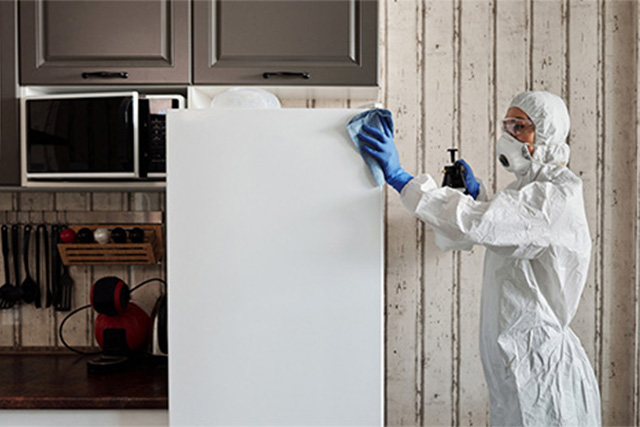
Faulty fryers are also a common problem in commercial kitchens. Temperature controls in commercial fryers are often an issue. Either it's heating way too high or it cannot maintain heat, which results in lower quality of dishes. Using an external thermostat allows you to check temperature properly and address sooner if the controller is not working well.
Clogged sinks happen a lot due to the load of foods being processed in commercial catering in daily business. Using a drain sieve and a trustworthy cleaning solution and keeping a plunger helps keep sinks properly functioning.
When it comes to bain maries, signs of damage may include inconsistent temperatures, overheating, or failure to maintain the desired temperature. Regular cleaning and maintenance can help prevent these issues and ensure that your bain marie operates smoothly and efficiently.
We cannot emphasize more how important it is to do preventive and regular maintenance for all your commercial catering equipment. It saves you lots of money in the long run and lets you get the most out of your equipment without having to spend lots of money on repairs or replacements.
